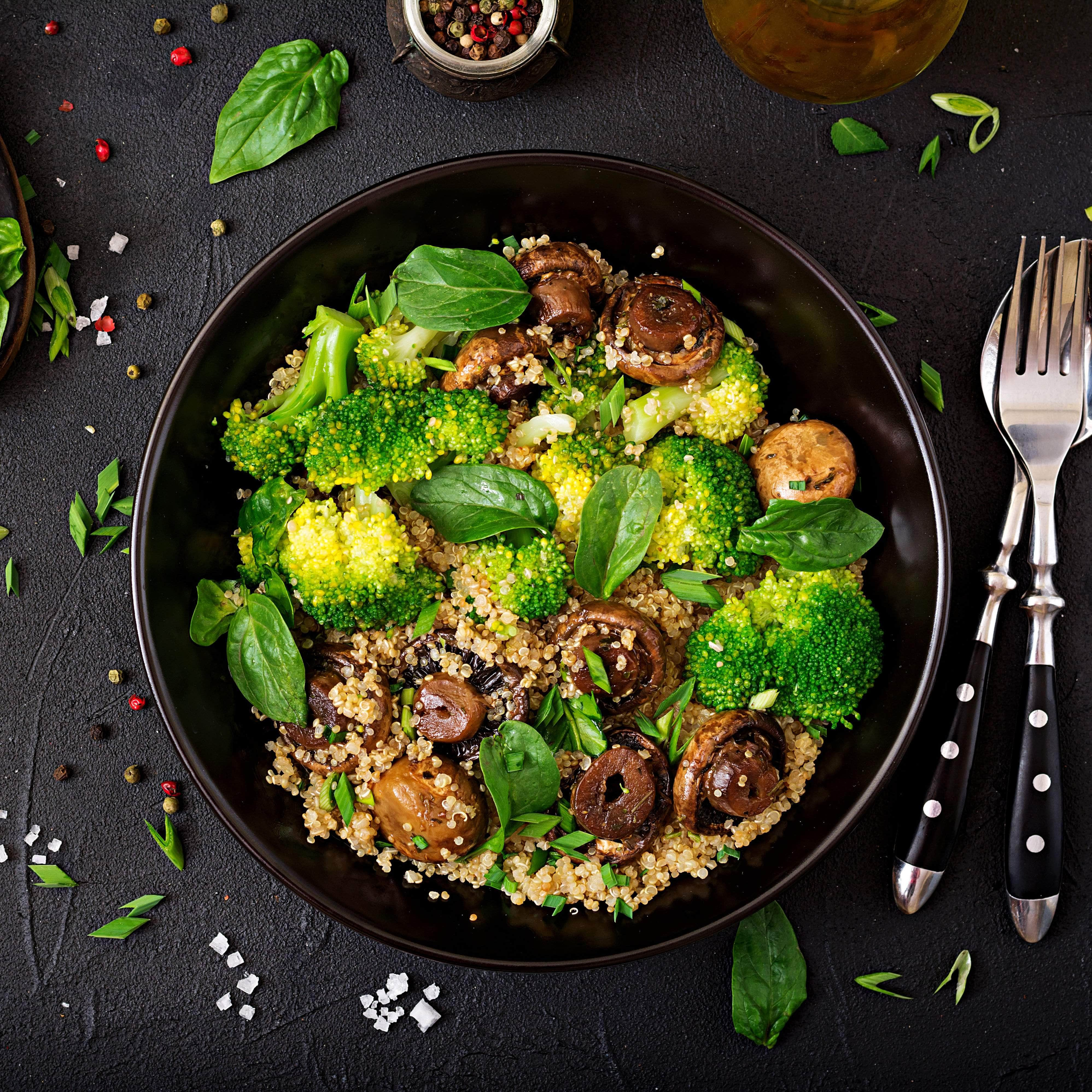Research has emerged in recent months which contradicts deep-rooted beliefs about nutrition and performance.
For decades, the notion that high-performance athletes could be fueled on a plant-
based diet alone was laughed at, but now more and more elite sportspeople are giving up meat.
Even giants like David Haye and Arnold Schwarzenegger are now turning their backs on animal foods. One of the key advantages for following in their footsteps is the argument the recovery progress will speed up.
So why would eating less protein-dense meat make the body heal itself faster?
Increased Blood Flow
As long as 20 years ago, scientists found that meals containing meat could thicken
out the blood, due to their relatively high fat content and the effect they have on levels of bad cholesterols.
While some meat advocates argue that white meat won’t have these adverse effects, recent research suggests there is little benefit in choosing red meats over white meats
On a plant-based diet, the blood is therefore thinner and blood flow speeds up, meaning the body can transport nutrients quicker and repair itself faster.
And although there’s a common misconception that vegans are unable to eat enough protein in order to build muscle, there are many examples of bodybuilders and weight lifters who don’t eat meat.
They instead use some of the many plant-based protein sources like beans, peas,
lentils, tofu, peanuts, other nuts and seeds.
Reduce Inflammation
Eating more plants results in a higher consumption of critical antioxidants like vitamin C, vitamin E and beta-carotene which help reduce inflammation.
This also contributes to increased blood flow and can stop chronic inflammation
occurring. Chronic inflammation can stem from normal levels of acute inflammation after an intense workout.
But once it becomes chronic inflammation, damage can be done to joints and muscles and aches an pains can hinder performance the next time you workout.
Restocking Glycogen Levels
Due to an increased consumption of carbohydrates in a plant-based diet, the body is able to restock its glycogen levels after a workout faster. That means it has more energy to fuel the next time another big workout is scheduled. If muscles are better fueled, they’ll be able to train at a higher intensity and volume.


























































Share:
CrossFit Open 20.4 Review: Theofanidis & Sigmundsdottir One Week From Title
Mental Strength Tips: How To Keep Going When A Workout Gets Tough